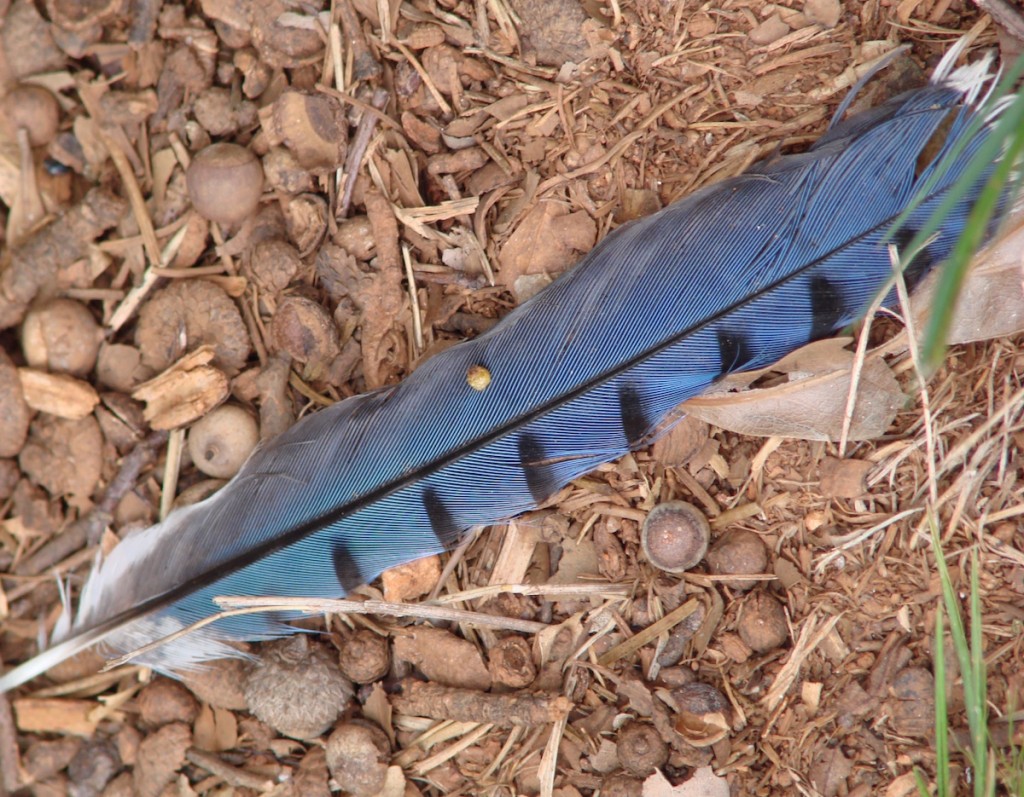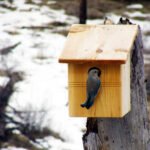
You may have heard the urban legend. One day a guy is hiking along a trail and he spots a gorgeous-looking feather on the ground. He picks it up and carries it around in his hand, looking at it with wonder and curiosity. That’s when he’s arrested and fined $100,000 for possessing a feather illegally.
Sounds preposterous right?
Wrong. While the details of the urban legend may be exaggerated, it is in fact illegal to collect certain bird feathers thanks to the Migratory Bird Treaty Act of 1918.
The nearly 100-year-old act was put into place to protect birds that migrated between the United States and Canada because of a decline in bird populations. Hunting was fairly rampant because the fashion during that time featured hats adorned with bird feathers.
The treaty makes it unlawful to hunt, take, capture, kill, or sell migratory birds. The statute extends to any bird part, including feathers, eggs, and nests.
It seems harmless to pick up a nest or feathers you find on the ground, but it’s against the law because it’s difficult for enforcement officers to figure out whether it was obtained through ignominious or accidental means. So they put the burden on the carrier of the feather and took away the question.
More than 800 species are currently on the list, including the Bald Eagle, Black-capped Chickadee, Northern Cardinal, American Crow, Canada Goose, Mourning Dove, Barn Swallow, Cedar Waxwing, Barn Owl, and more. That means the feathers of all of these birds are forbidden.
An exemption to the act does exist, however. The Eagle Feather Law allows the collection of Golden Eagle and Bald Eagle feathers for religious purposes by Native Americans. In order to quality, individuals must have certifiable ancestry and be enrolled in a tribe.
 Despite sounding a tad ridiculous these days, the roots of the law are sound and still serve a purpose.
Despite sounding a tad ridiculous these days, the roots of the law are sound and still serve a purpose.
You might also be asking yourself what about the bird feathers you see at stores.
Since certain species aren’t protected under the Migratory Bird Treaty Act, picking up and possessing their feathers is perfectly legal. That means nonnative species like House Sparrows and European Starlings aren’t covered, along with nonmigratory birds like turkeys, chickens, Mute Swans, quails, and the like.
So the next time you see a bird feather on the ground, you’d better be sure it’s from an invasive species or nonmigratory bird or leave it alone.



189 Comments
Nice explanation of the incorrect, constitutional democracy as to the actual, constitutional republic. Those who call for the constitutional democracy seem to be those who ignore or state our constitution incorrectly, cherry picking and changing the meaning(s) of phrases and words at will and whenever it suits their current purpose.
and pollution from coal burning plants and power lines from ALL power generation sources kill hundreds more. This is the dark side of extraction power .. Ya just gotta look at the good and bad balance of all things. windmills kill damns ruin watersheds and rivers and coal extraction and burning sends more pollution and combined radiation into the atmosphere then nuclear . Even with the bird kills wind and solar does less harm
another misperception of the law– there are only SOME migratory and/or endangered species of birds it is illegal to own feathers or carcasses of– your common pigeon or blue jay or robin or pheasant or turkey there is absolutely no problem with finding and keeping.. The law is mainly enacted to prevent poaching of birds but yes there are game rangers that will push the letter of the law to ridiculous extremes